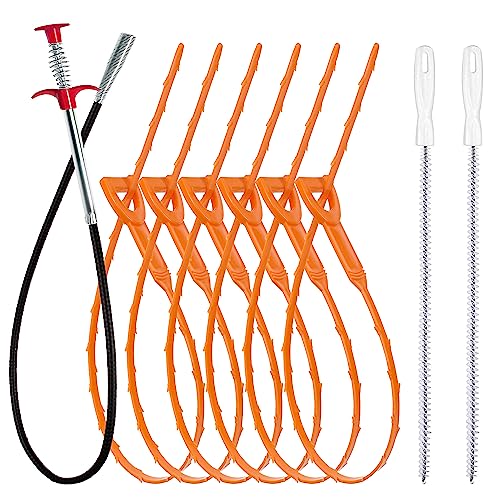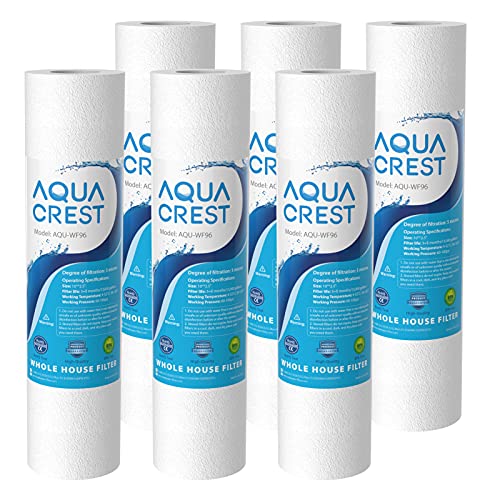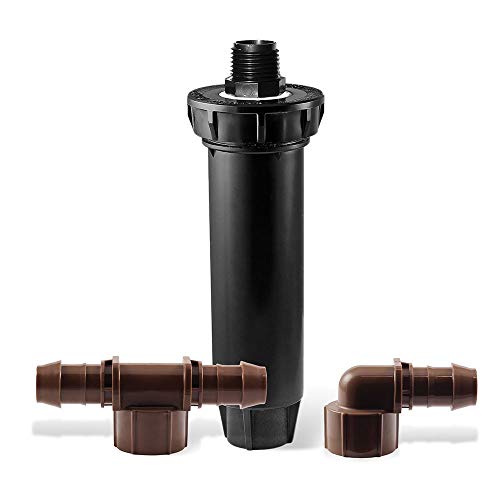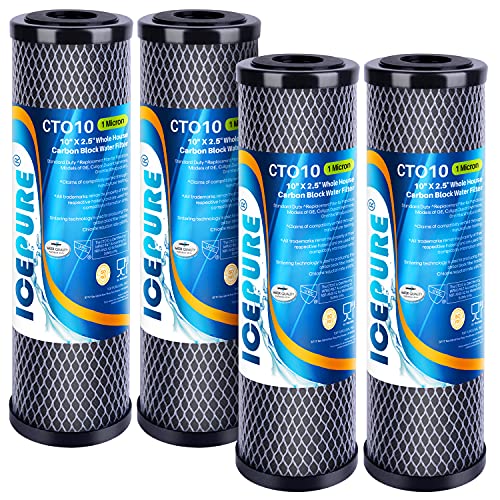Are their any signs to look for in an aging hot water heater that could indicate it is about ready to fail?
Mine dosen't seem to get as hot as it used to, and it takes longer to reheat the water. I have no "hard proof" about these symptoms, it just "feels" that way.
The water heater is between 15 and 18 years old, best I can remember.
Thanks!
Mine dosen't seem to get as hot as it used to, and it takes longer to reheat the water. I have no "hard proof" about these symptoms, it just "feels" that way.
The water heater is between 15 and 18 years old, best I can remember.
Thanks!












































![MEISTERFAKTUR drain snake 2.0 [50 FT] - with drill attachment - Ideal plumbing snake for sink and drain unblocking - Solid drain auger for real DYIs! (50 FT - 1/4 inch)](https://m.media-amazon.com/images/I/41VwmTiOsgL._SL500_.jpg)











